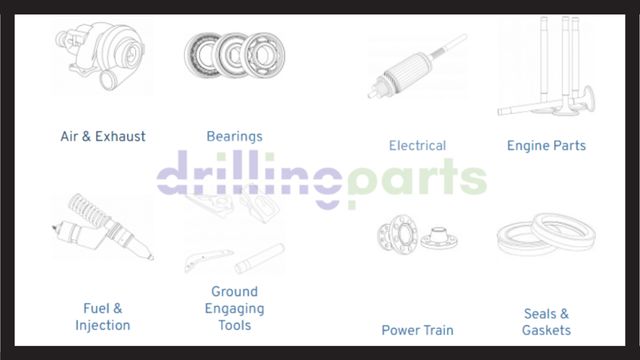They reduced the price of kerosene by exploiting economies of scale and enhancing integration and communication throughout the whole kerosene production process, from discovery to harvesting to distribution to retail sales. These strategies helped elastic, in-demand commodities reduce their overhead costs by 60% over 20 years. Since people like to keep warm, have lighting, and prepare meals when it's affordable, the public's need for kerosene surged due to the continued price decline. Standard Oil saw a gain in earnings due to the subsequent drop in expenses brought on by the rise in consumption of cat online parts.
In such a situation, it is frequently beneficial to have a single company oversee entire geographical regions, as well as the numerous mines that are located along the same distribution channels, trying to organize all contracts, staff, bribes, and hardware in bulk, and utilizing the considerable negotiating and pricing strategies that size helps bring to extract and distribute the commodity as quickly, cheaply, and efficaciously as physically possible. Both Carnegie Steel and Standard Oil understood this fact. Their primary goal was to reach as many people as possible with as much of their goods as quickly and inexpensively as possible.
This was achievable by heavily utilizing horizontal (own all competitors to apply economies of scale) and mergers (own the entire value chain for improved flow/communication/negotiation power etc., from well to tank).
Here, the groundbreaking insight was realizing that severe rivalry among many little agents isn't always beneficial to society. Many industries spend money on activities that only contribute to the production or transit of the item from its current location to its intended destination.
Standard Oil significantly reduced this inefficiency, gave consumers most of the cost savings, and profited handsomely with cat parts online.
The world only sometimes benefits significantly from the competition. The following emerging monopoly in commodity industries will eliminate anything that doesn't support the main product from production to use as a waste of societal resources. You can see that Amazon is doing the same thing now, using consumer items and computing resources instead of Oil.


.jpg)
.jpg)


0 Comments